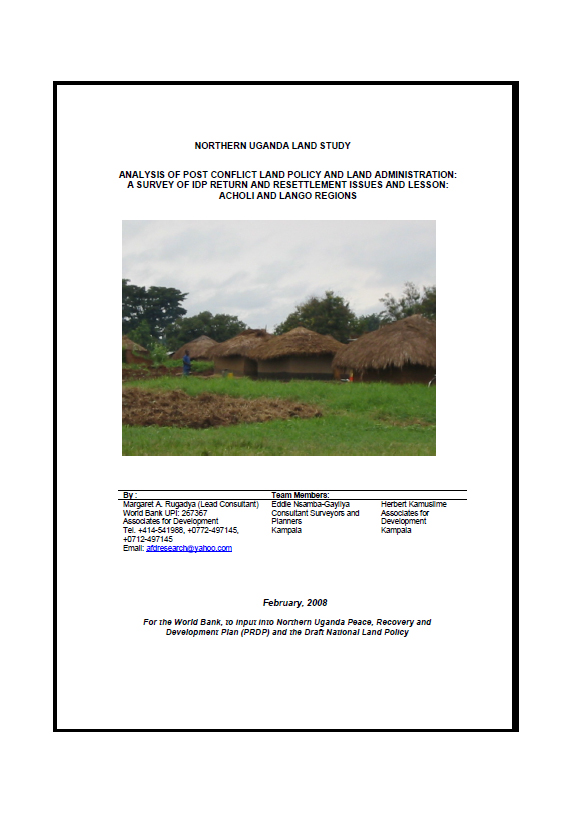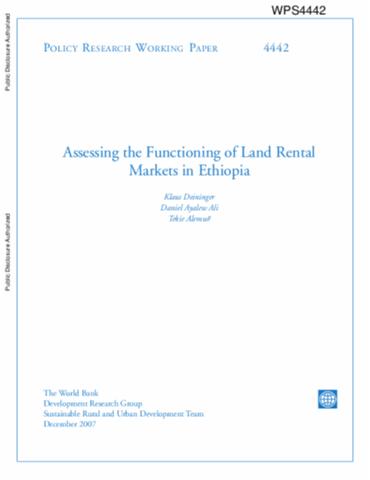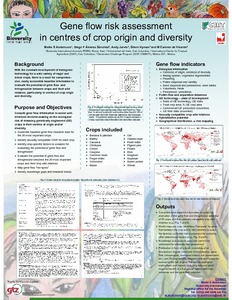Getting to the Heart of the Matter: Powers over Property. Devolved land governance – the key to tackling the land issue in Kenya?
A contribution to the current vibrant debate on land in Kenya following recent upheavals. Argues the need for a radical restructure of the way property relations are governed because what is being contested today is not just property but power over property. Makes practical suggestions for genuinely local democratisation of land governance. Need to act on identified illegal allocation of public land; devolve, not de-concentrate, land administration and to the most local level possible; and vest radical title in real communities, not district/tribal territorial domains.








